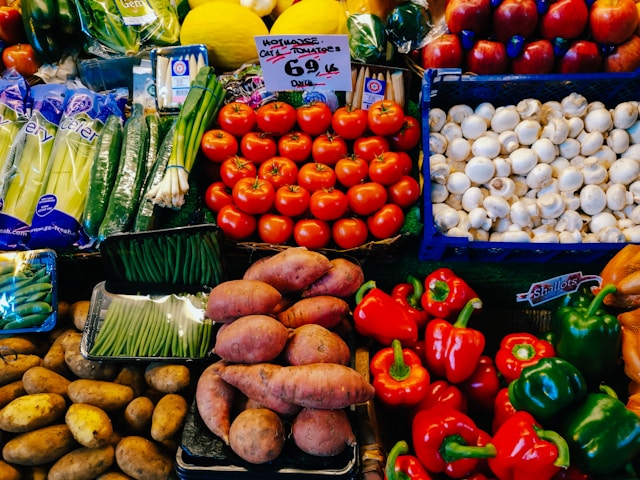Court Rulings Aim to Prevent Food Benefit Disruption
Federal courts in Rhode Island and Massachusetts have ordered the Trump administration to draw from emergency reserves to sustain Supplemental Nutrition Assistance Program (SNAP) payments during the ongoing government shutdown. The decisions, issued in response to lawsuits from several states and advocacy groups, assert that halting aid would unlawfully endanger millions of Americans who rely on food assistance. The U.S. Department of Agriculture (USDA) was told to determine how quickly it can use contingency funds to keep benefits active while parts of the government remain without appropriations.
Government Cites Funding and Technical Obstacles
According to filings from the USDA and the Department of Justice, the agency possesses about $5.25 billion in contingency resources—significantly less than the roughly $8 billion typically needed for one month of nationwide benefits serving around 42 million people. Federal officials warned the courts that distributing payments from those reserves outside normal cycles could cause administrative and technical complications. Although the judges stopped short of guaranteeing a full month of benefits, they directed the government to take immediate steps to minimize disruption. The Justice Department has not yet announced whether it will seek an appeal.
States Welcome Decision as Families Await Relief
State leaders and anti-hunger organizations praised the rulings, calling them critical for households already strained by the shutdown. Food banks in multiple regions reported higher demand as families faced uncertainty about when assistance would resume. The courts instructed the USDA to provide detailed compliance reports outlining how and when the emergency funds will be deployed, leaving open the possibility of partial payments if full funding cannot be sustained.


